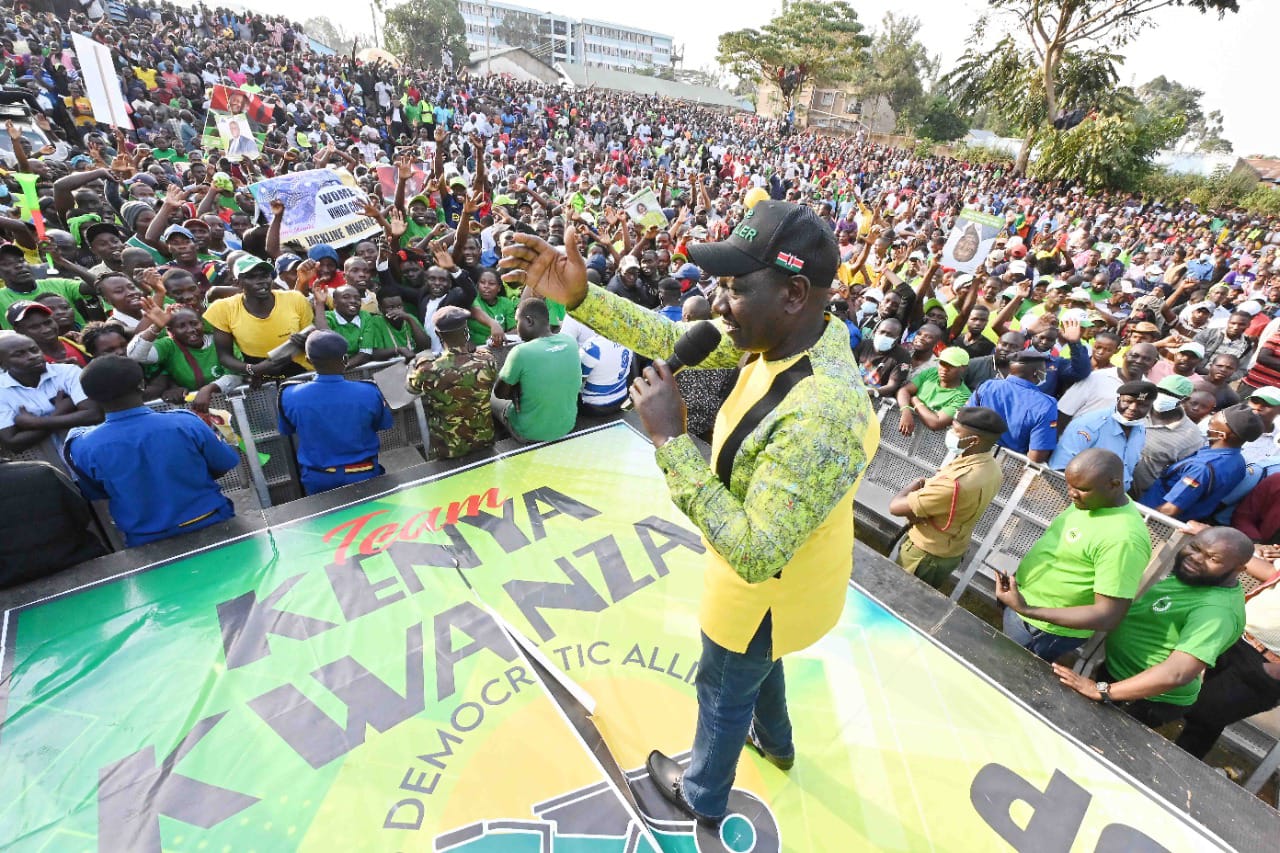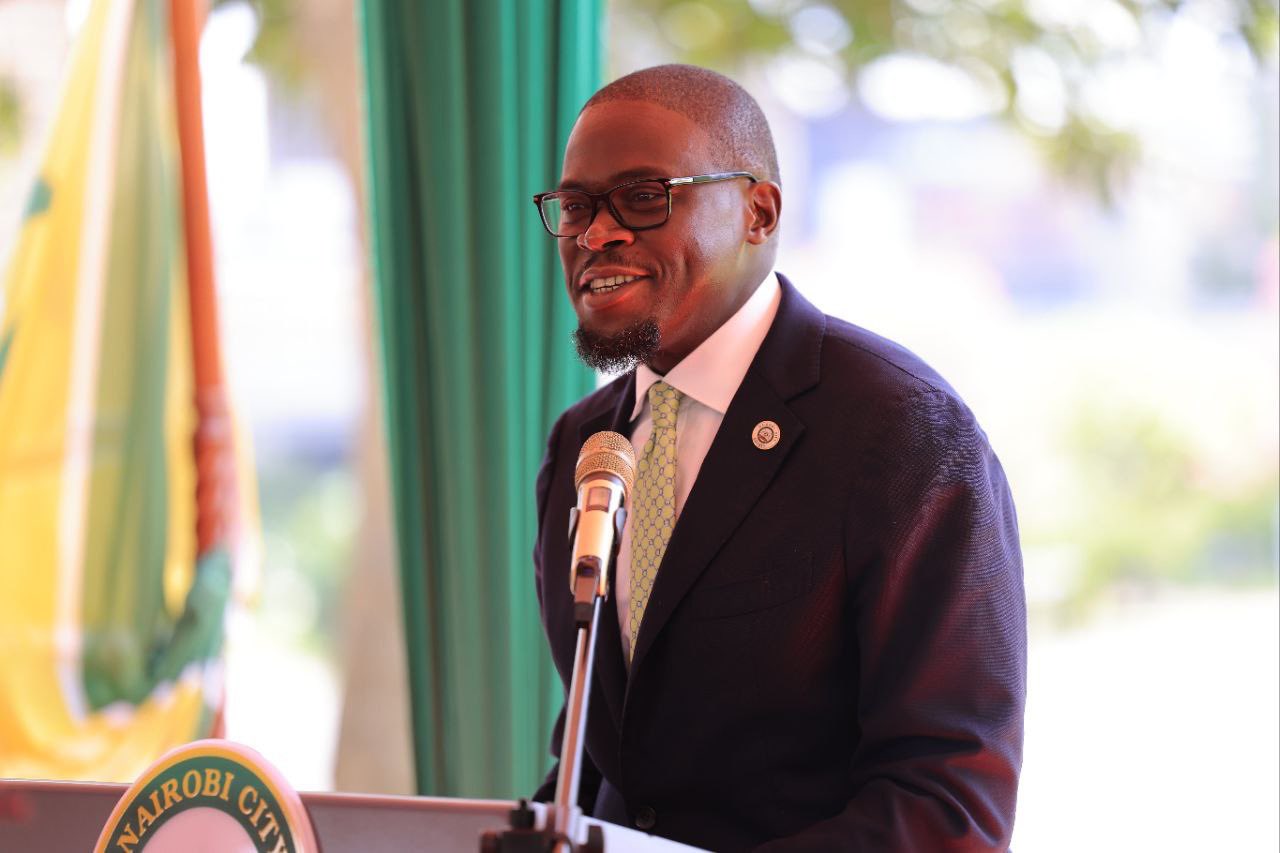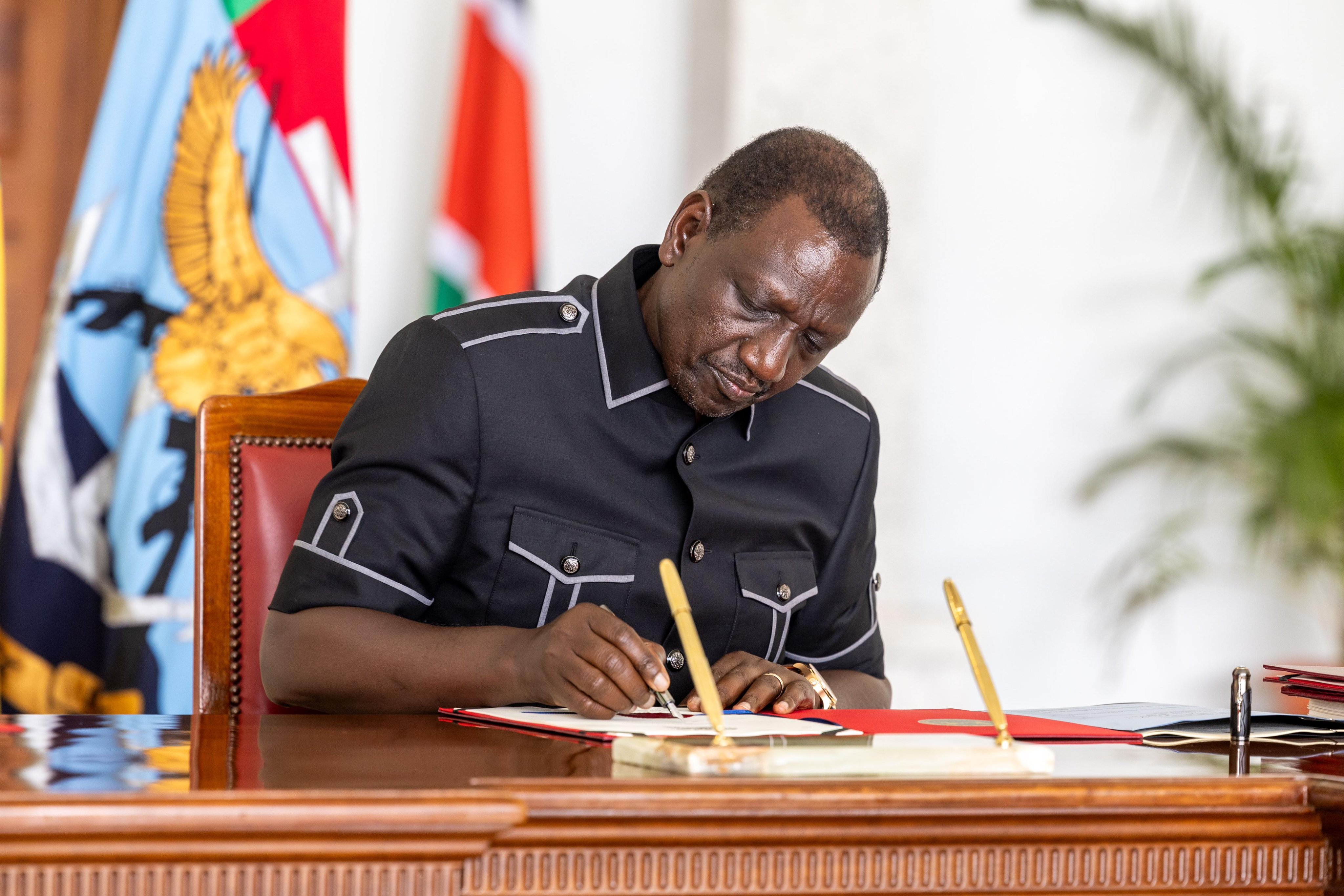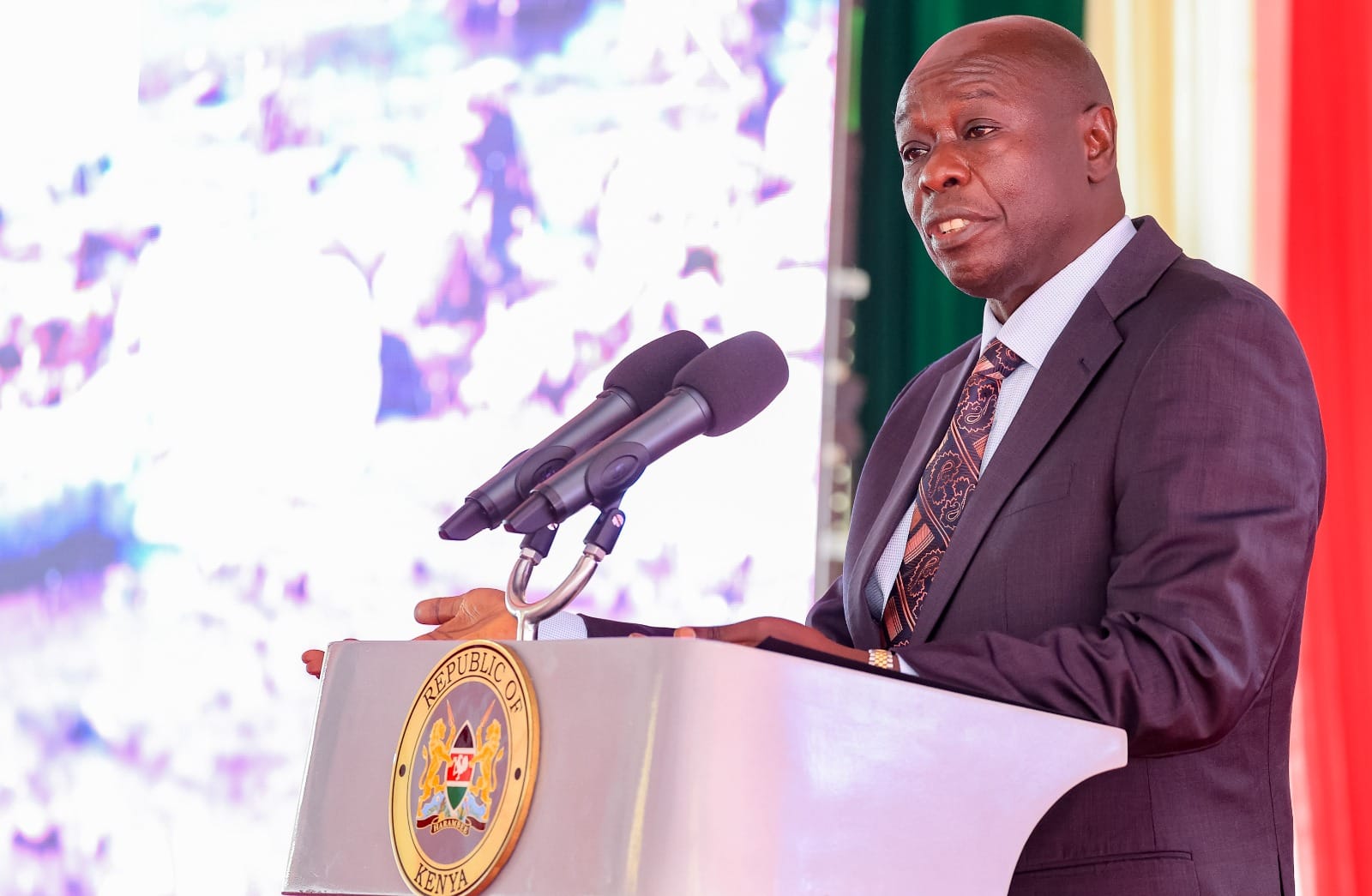A case has been filed in court challenging the eligibility of Deputy President William Ruto to contest the August 9, 2022, general elections.
This is after activist Okiya Omtatah moved to court seeking to have all holders of public office seeking the presidency to resign before the elections and seek clearance by the Independent Electoral and Boundaries Commission (IEBC).
Apart from DP Ruto, other leaders affected by the suit include National Assembly Speaker Justin Muturi and Murang’a Governor Mwangi Wa Iria.
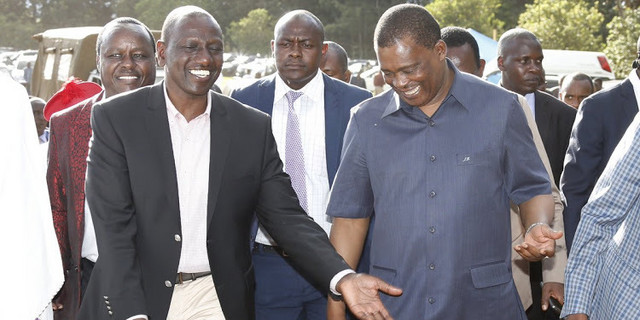
Read More
Omtatah argued that provisions by Section 43(5) & (5A) of the Elections Act requiring civil servants to resign before seeking elective office while allowing elected leaders to continue serving is unfair.
The activist sought to have the provisions of the entire law declared null and void.
He further argued that the Elections Act contradicts the provisions of Article 83(3) of the Constitution, which says that administrative arrangements for the conduct of elections should be designed to facilitate, and not to deny, an eligible citizen the right to stand for election.
Omtatah asked the court to declare that a sitting President, deputy president, governor and deputy governor cannot be elected to elective positions other than the one they hold.
Justice Anthony Mrima directed that DP Ruto, all the 47 governors, deputy governors, senators, Members of Parliament and members of county assemblies be enjoined as interested parties.
He directed Omtatah to notify all the interested parties by publishing the directive in dailies with countrywide circulations.
The National Assembly, Senate and the Council of Governors have also been enjoined in the case as interested parties..
“I have considered the nature of the petition and the parties who are referred to and who are likely to be affected. This court notes that most of them are not parties to the petition. The court must, therefore, take care of such,” said Justice Mrima.
The High Court judge rejected a request by the Attorney General and IEBC to dismiss the case.
